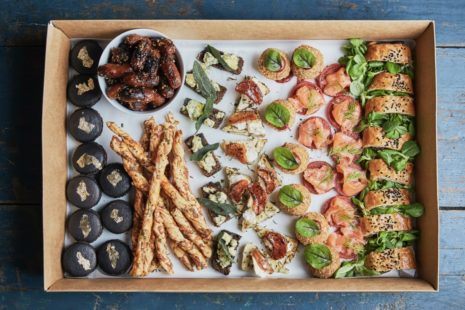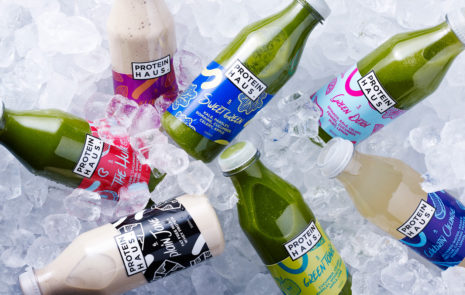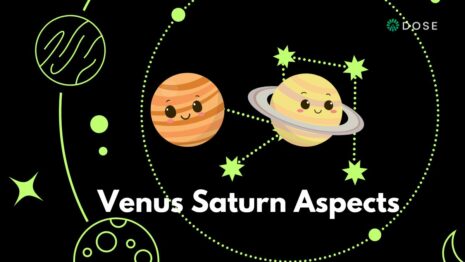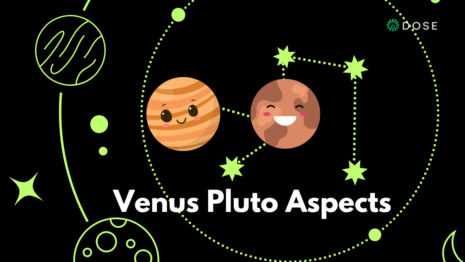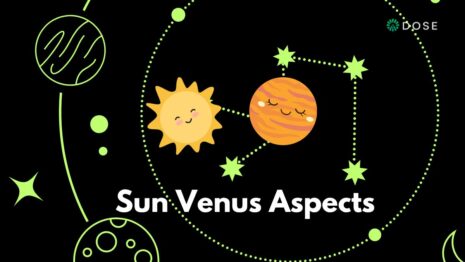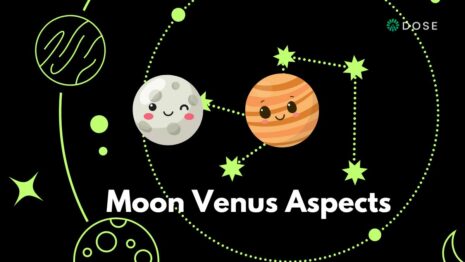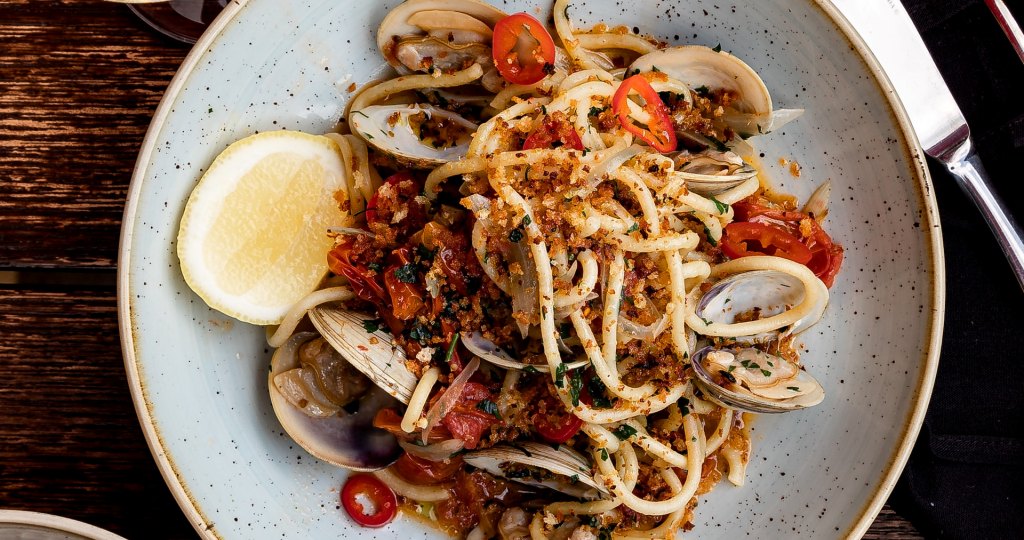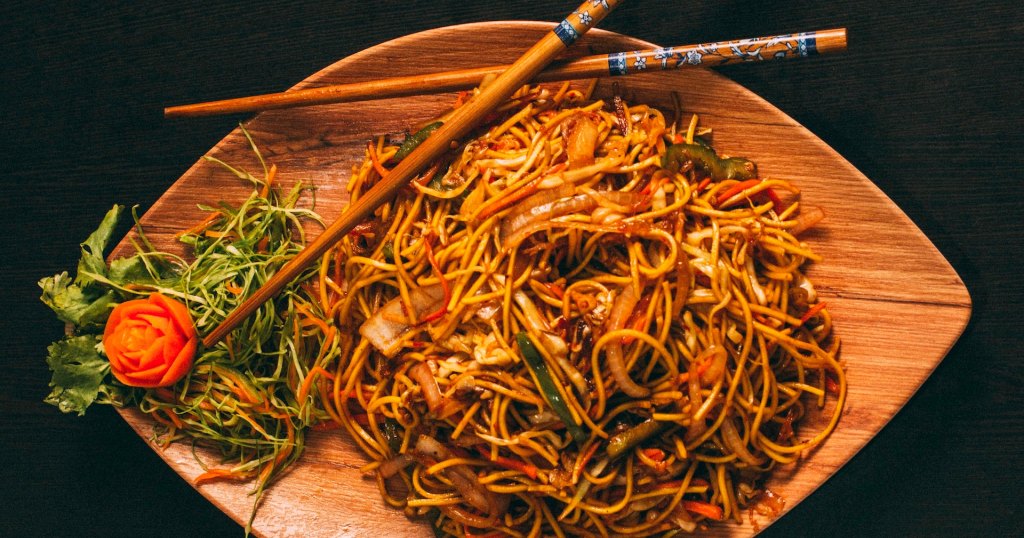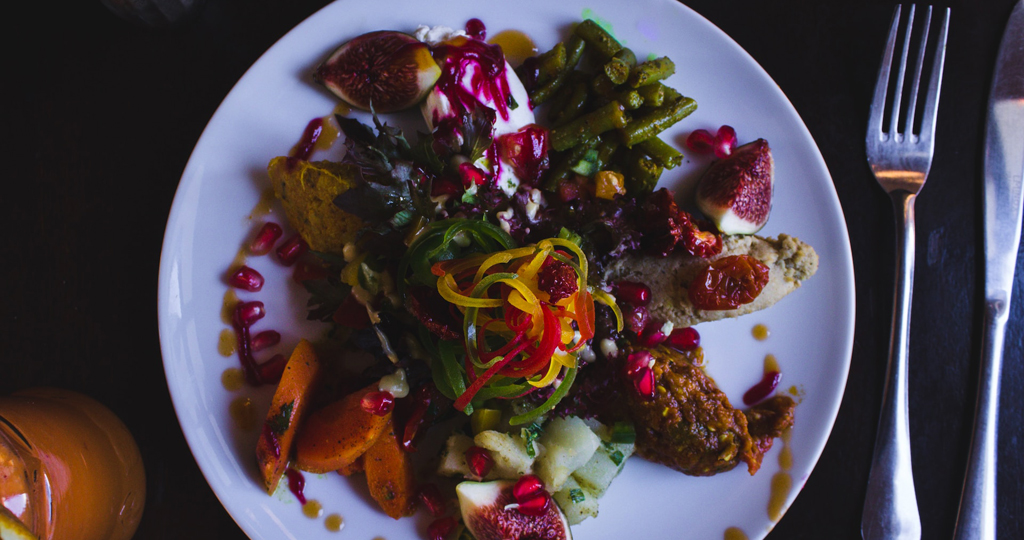A shocking documentary about one man’s quest to uncover the optimal diet for human performance. Rosie jumped on the hype that accompanied the release of Netflix documentary ‘Gamechangers’ and made some significant changes to her diet. Here’s how it went…
I care a lot about my athletic performance but I’ve never given much thought to how my diet might affect it. I understand the principles of fuelling my workouts with slow-release carbs and replenishing with protein after a tough session, but the source of those components has never been my top priority: usually I’ll opt for the most convenient option, which – come to think of it – tends to be animal-based.
However, watching ‘Gamechangers’ over Christmas got me thinking. The key message of that documentary – that our athletic performance is best fuelled by a plant-based diet – coupled with my post-Christmas motivation to get fit again led me to give more thought to what I was putting in my body and pay attention to how that affected what my body was capable of doing.
And so I embarked on a full month of plant-based eating, combined with a ramped-up training schedule to prepare for a half marathon in mid-February. I would monitor my energy levels, athletic performance and overall sense of wellbeing over the course of this experiment to see if there were any noteworthy shifts or surprises.
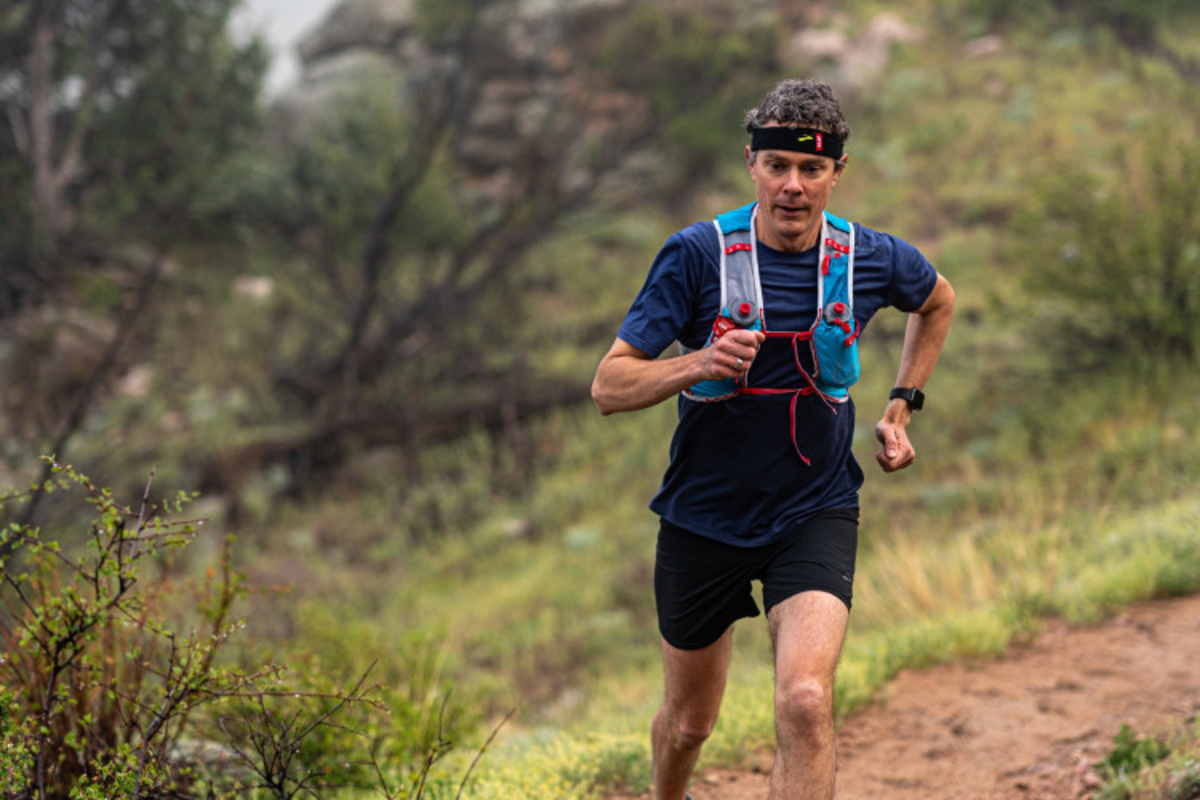
Weeks 1 and 2
Although the focus of this challenge was on improving my athletic performance through diet, for the first two weeks I was more interested in all the new foods I was eating rather than how my training was affected by them. I rekindled my love for oat milk flat whites, indulged my avocado toast habit multiple times a week, and spent a small fortune on coconut milk chocolate, fancy varieties of hummus and vegan snacks.
My energy levels were great – though at this stage, it was hard to tell whether that was because of all the vegan treats I was eating, or because my body was processing this fuel more effectively than animal-based products. One thing I did notice was a general lightness about me – my usual feelings of sluggishness after a meat-heavy meal completely disappeared.
Weeks 3 and 4
With my training focused mainly on endurance runs to prepare for the half marathon ahead, by about three weeks in I found myself able to sustain increasingly longer distances and less focused on counting down the remaining kilometres. I was finishing runs feeling energised, and the usual aches and pains that accompanied them were no longer an issue. Although I couldn’t tell if my improved fitness was diet- or training-related, I was in no hurry to change my nutrition given how good I was feeling.
Weeks 5 and 6
As someone who previously ate a rather meat- and dairy-heavy diet, I was shocked that I wasn’t experiencing any cravings. In fact, I had become somewhat indifferent to meat: at dinner with a friend I allowed myself a few bites of her steak, not because I was craving it but more to see how I responded. I had thought it might trigger some sort of frenzied response whereby I realised what I’d been missing for the past month. When it didn’t inspire much of a reaction in me, I wasn’t at all bothered about returning to my Beyond Burger.
This challenge was motivated by fitness rather than the environmental and sustainability reasons to eat a plant-based diet. However, the ease of which I adapted to my new diet led me to think about the collective impact that could be made if more people made the switch. During the challenge, we experienced extreme storms in the UK and parts of Australia were devastated by bushfires. I couldn’t help but wonder whether the climate catastrophes the world is facing on an increasing basis could be curtailed at least to some extent by dietary changes that are not as difficult as you might believe.
Week 7
As race day approached, I paid increased attention to how I felt on long runs and the pace I would be able to sustain. Split times that were previously a push for me were becoming increasingly easier, so when the big day arrived, I set off at an ambitious 4:30/km pace. For the first 10km or so I felt fantastic: if you’d have told me I could run that fast just months before, I wouldn’t have believed it.
The second half of the race was a struggle – albeit more mentally than physically. I’d only run one half marathon before and during that race, my legs began to cramp up and my knees were in serious pain. There was none of that this time round; the battle was more to keep my breathing calm as my heart rate increased. Could it be that my plant-based diet helped to facilitate my improved endurance?
Just as remarkable as my PB time was the way my body recovered: the next day I felt fresh, with the only aches and pains coming from the blisters on my toes. With diet being just one of the many variables at play when it comes to performance, I can’t be completely sure that the improvements I experienced were down to nutrition alone. But what I can be sure of is that after 7 weeks of eating this way, I feel the strongest, fittest and healthiest version of myself yet – and since I don’t want that feeling to change, it looks like I’ll be staying plant-based for a good while yet.
Main image: Megan Mitchell, a plant-based Olympic runner featured in the documentary
Get your weekly DOSE fix here: SIGN UP FOR OUR NEWSLETTER


